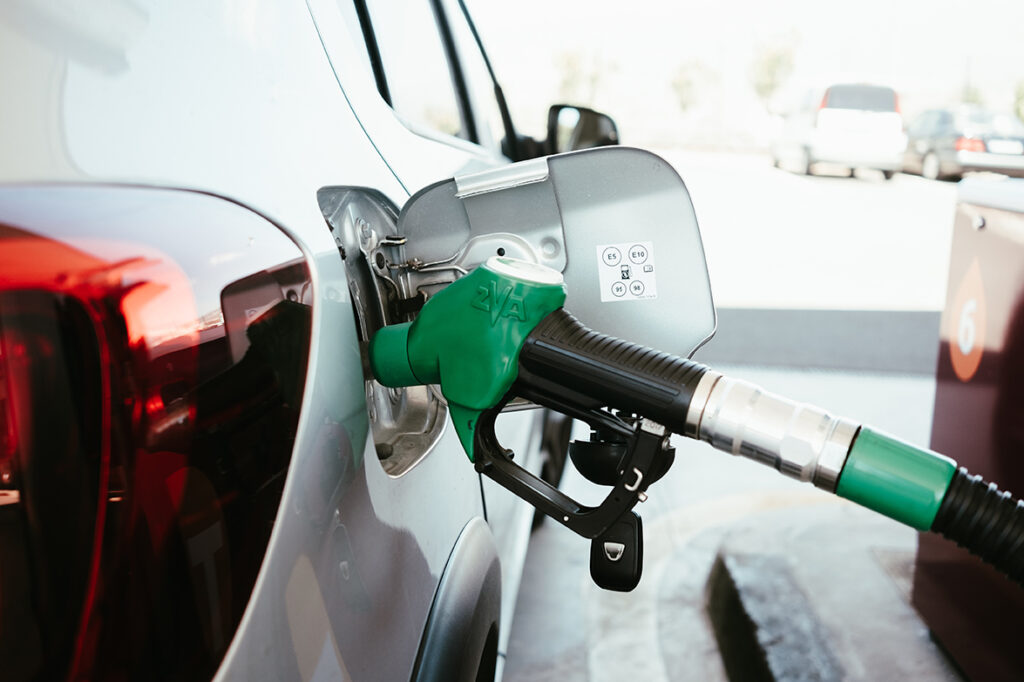This is the fastest drop since the start of the millennium – Diesel prices have been on quite a journey over the last seven months. In May 2023, they slid by a record-breaking 12p.
The RAC has reported that the average cost of diesel at UK filling stations dropped from 158.9p to a more manageable 147.0p per litre. That’s not an insignificant amount. It’s the biggest monthly drop since RAC started tracking fuel prices back in 2000. The RAC has stated that this drop could – and should – have been even steeper to mirror the changes in the wholesale market.
Lower fuel prices make everyone’s life easier
This price drop fall alone makes filling up your typical 55-litre family car about £6.50 cheaper. We’ve also seen the average price of a litre of petrol drop over 3p from 146.5p to 143.3p in the last month.
RAC fuel spokesman Simon Williams said: “After calling for big pump price cuts for weeks, we were pleased to see that May was the month where this finally happened. The fact it appears to have been prompted by the Competition and Markets Authority’s mid-month announcement about weakening competition in fuel retailing is surely not a coincidence.”
Prices are still very different around the country
Despite the universal drop in prices, there’s a noticeable disparity in diesel prices across the UK. It’s still 8.5p cheaper per litre in Northern Ireland, telling of a more transparent and competitive fuel market there.
Previously rising prices have been linked to the war in Ukraine and sanctions on Russian businesses. This also contributed to rising inflation, which has been reported by economists to be cooling down recently. Falling energy costs will certainly help with that, although food prices are still high.
Interestingly, RAC’s persistent call for better fuel prices echoes the government’s earlier considerations for a ‘PumpWatch’ regulator. Under this system, retailers would face pressure to ensure drivers’ costs accurately reflect wholesale costs. Now, it’s thought to be a voluntary system, but non-compliant retailers could face public shaming. An interesting incentive, only time will tell if it’s effective.
The watchdog’s eyes are on the fuel market
The Competition and Markets Authority (CMA) is probing whether inadequate competition is leading consumers to pay more for groceries and fuel than necessary. While the watchdog has yet to identify any major competition issues, it has found that supermarket fuel prices in 2022 were roughly 5p more expensive per litre compared to pre-pandemic levels.
The CMA acknowledged that factors beyond Ukraine’s invasion had impacted fuel prices, with weak competition playing a role in driving price increases. The regulator criticised retailers, especially supermarkets, stating that rising fuel prices cannot be solely attributed to external factors.
CMA found the evidence provided by supermarkets as part of its road fuel market study unsatisfactory, stating that information was released “late and only after several rounds of information gathering.”
Further probing from the CMA
The CMA will conduct formal interviews with senior supermarket management. The authority did note that supermarkets generally offer the cheapest retail fuel, but one supermarket has notably increased its forward-looking fuel margin targets, potentially influencing other supermarkets to increase prices.
The CMA also expressed concern over a possible lack of competition in diesel prices relative to petrol since the beginning of the year. The watchdog observed that high diesel margins persisted longer than expected, suggesting a decline in competition among petrol forecourts. In March, the CMA identified 13 areas of concern in Asda’s plan to purchase Co-op petrol stations.
The British Retail Consortium (BRC) reaffirmed the commitment of British supermarkets to keep food prices as low as possible amidst high global food inflation. Grant Shapps, the secretary of state for energy security and net zero, warned supermarkets to cooperate with the investigation or face potential repercussions.


